Contents
Guide

The author and publisher have provided this e-book to you for your personal use only. You may not make this e-book publicly available in any way. Copyright infringement is against the law. If you believe the copy of this e-book you are reading infringes on the authors copyright, please notify the publisher at: us.macmillanusa.com/piracy. In memory of my Cuban Indian ancestors Be not afeard; the isle is full of noises, sounds, and sweet airs, that give delight and hurt not. Caliban from The Tempest by William Shakespeare Bernardino de Talavera was deeply in debt, like so many Spaniards who worked their Indians to death, yet could not prosper.
He assembled a group of seventy characters in rags for debts and other unpunished crimes, and together they stole a ship. Bartolom de las Casas Historia de las Indias Spanish ships reached the western Caribbean Sea in 1492, searching for Asia and spices. Instead, the explorers found peaceful islanders, and enslaved them. By 1510, the Bahamas, Hispaniola, Puerto Rico, and Jamaica had been conquered. Only Cuba, the largest Caribbean isle, was still free. It was a time of hurricanes on an island of hope.
Quebrado (keh-BRAH-doe): A young ships slave of Tano Indian and Spanish ancestry Bernardino de Talavera (ber-nar-DEE-no deh tah-lah-VEH-rah): The first pirate of the Caribbean Sea Alonso de Ojeda (ah-LON-so de oh-HEH-dah): The pirates hostage, a brutal conquistador Narid (nah-ree-DOE): A young Ciboney Indian fisherman Caucub (kow-koo-BOO): The young daughter of a Ciboney chieftain Caciques (kah-SEE-kehs): Chieftains Behiques (beh-EE-kehs): Shamans Ciboney and Tano Indian tribesmen, women, and children Spanish sailors Spirits Ghosts I listen to the song of creaking planks, the roll and sway of clouds in sky, wild music and thunder, the groans of wood, a mourning moan as this old ship remembers her true self, her tree self, rooted and growing, alive, on shore. One glance is enough to show me the pirates mood. There are days when he treats me like an invisible wisp of night, and days when he crushes me like a cockroach on his table. I try to slip away each time I see his coiled fist, even though on a ship there is no place to hide. The sailors call me el quebrado, the broken one, a child of two shattered worlds, half islander and half outsider. My mother was a natural, a native of the island called cu ba, Big Friend, home of my first few wild hurricane seasons.
My father was a man of the sea, a Spanish army deserter. When my mothers people found him on horseback, starving in the forest, they fed him, and taught him how to live like a natural. To become a peaceful Tano, he traded his soldier-name for Gua Iro, Land Man. He and my mother were happy together, until a plague took the village, and none were left but my wandering father, who roamed far away, leaving me alone with his copper-hued horse in an unnatural village of bat-winged spirits and guava-eating ghosts. Sailors call me a boy of broken dreams, but I think of myself as a placea strange place dreamed by the sea, belonging nowhere, half floating island and half wandering wind. I survived alone in the ghostly village, with only my fathers abandoned horse to console me, until a moonlit night when I was seized by rough seafarers, wild men who beat me and taught me how to sail, and how to lose hope.
I was traded from ship to ship as a slave, until I ended up in the service of Bernardino de Talavera, the pirate captain of this stolen vessel. The pirate finds me useful because I know two tongues, my mothers flutelike Tano, and my fathers drumlike Spanish. Together, my two languages sound like music. How can a father abandon a son in such a dangerous world? Why did he leave me alone in that village of ghosts with only his red horse for company? What kind of horseman abandons his steed? A sorrowful man, that is the answer. I have spent all my years accepting sad truths. I once owned a vast land grant with hundreds of naturales , Indian slaves who perished from toil, hunger, and plagues.
Crops withered, mines failed. All my dreams of wealth vanished. Soldiers soon gave chase, trying to send me to debtors prison, so I captured this ship and seized a valuable hostage, Alonso de Ojeda, Governor of Venezuela, an immense, jungled province on the South American mainland, where he is known as the most ruthless conqueror of tribes. When I heard that Ojeda had been wounded by a warriors frog-poisoned arrow, I offered help, assuring the Governor that my ship would gladly carry him to any port with Spanish doctors. I offered the illusion of mercy, and Ojeda was desperate enough to believe me. The pirate demands a ransom, but the hostage insists he has nothing to give, so while they argue, I lean over the creaking ships splintered rail, watching with wonder as blue dolphins leap and soar like winged spirits.
My mother believed dolphins can change their shape, turning into men who come ashore to sing and dance during storms. If legless creatures can be transformed, maybe someday I will change too. I catch the broken boy, and it takes only a few quick blows to convince Ojeda of my strength. When the prisoner sees my power over a slave boy, he understands that I would show even less mercy to a grown man. Knights who have lost their guns and swords are remarkably easy to frighten. All my life, I have been triumphant.
On the isle of Hispaniola, I tricked a chieftain by offering him a ride on my horse, then trapping him in handcuffs. I sent him away in the hold of a ship, to be sold as a curiosity in Spain, but a hurricane sank the vessel while the chief was still shackled. Expecting rebellion, I slaughtered his queen and all her people, to keep them from seeking revenge. There were days when my sword killed ten thousand. Now, all those dead spirits haunt me, and I am the one on a ship in chains. The life of a ships slave is hard labor and fists, or deep water and sharks.
When I sleep, I belong to the land. In dreams, I work in a field, planting roots in rich soil. In dreams, I feel like a spirit of the air, riding my fathers leaping horse. In dreams, I feel free, until the sun rises and my eyes open, and once again I must struggle beneath the weight of flapping sails and heavy ropes. My mother loved the green parrots and red macaws that made the sky above our village look so cheerful. She always had at least one raucous bird perched on her shoulder.
As if by magic, the clever birds learned to speak two languages. My first words of Tano and Spanish were mastered by listening to songs recited by feathered creatures of the air. Now, each time I think of home, I remember that the world is big enough to offer more than sorrow. The sea is wild today. The sails look like wings. Sailors chant tales while they work sweet songs about the Island of Mermaids, and scary ones about the Isle of Giants, with green jungles where huge women turn into monsters, clasping sailors in their talons.
The sea is wild tonight. The roaring wind sounds hungry. Shackled to a rotting wall in the ships stinking hold, I feel as helpless as a turtle flipped on its back, awaiting the cooks probing knife. I clench my fists and struggle to fight my way out of the handcuffs, while ghosts gather around me, watching and waiting. The hostage begs for mercy, but I have enough trouble just trying to figure out how to steer the stubborn ship in this devil wind, and how to reach land, and where to await fair weather. In a storm, the only decision that really matters is direction.







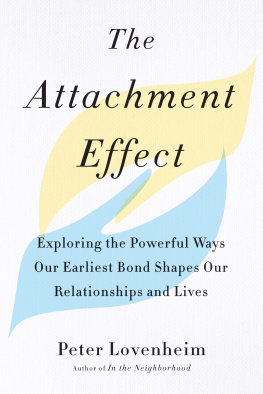

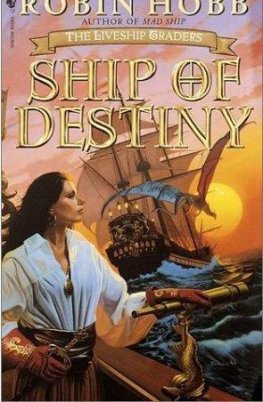
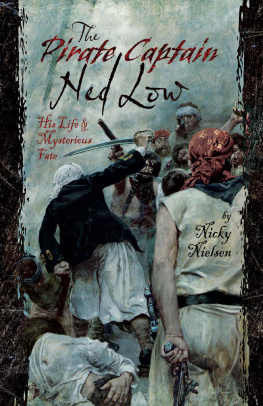
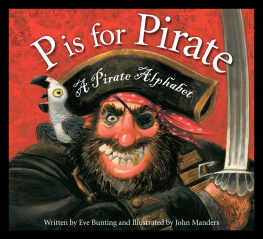
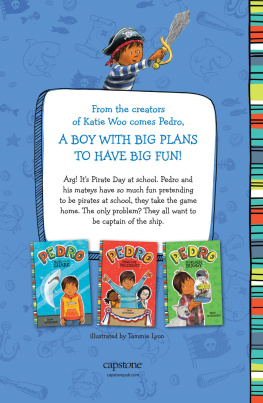
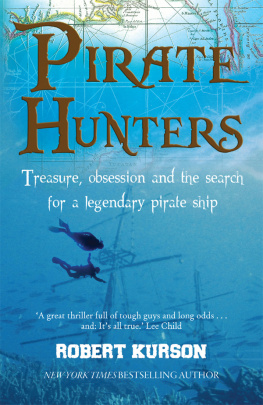
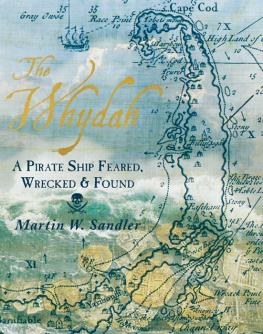
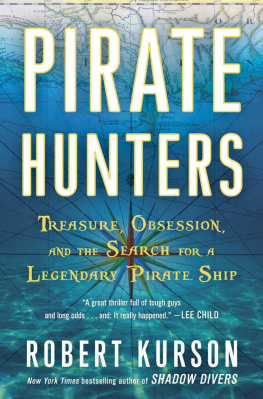
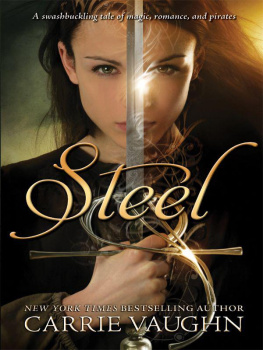


 The author and publisher have provided this e-book to you for your personal use only. You may not make this e-book publicly available in any way. Copyright infringement is against the law. If you believe the copy of this e-book you are reading infringes on the authors copyright, please notify the publisher at: us.macmillanusa.com/piracy. In memory of my Cuban Indian ancestors Be not afeard; the isle is full of noises, sounds, and sweet airs, that give delight and hurt not. Caliban from The Tempest by William Shakespeare Bernardino de Talavera was deeply in debt, like so many Spaniards who worked their Indians to death, yet could not prosper.
The author and publisher have provided this e-book to you for your personal use only. You may not make this e-book publicly available in any way. Copyright infringement is against the law. If you believe the copy of this e-book you are reading infringes on the authors copyright, please notify the publisher at: us.macmillanusa.com/piracy. In memory of my Cuban Indian ancestors Be not afeard; the isle is full of noises, sounds, and sweet airs, that give delight and hurt not. Caliban from The Tempest by William Shakespeare Bernardino de Talavera was deeply in debt, like so many Spaniards who worked their Indians to death, yet could not prosper.